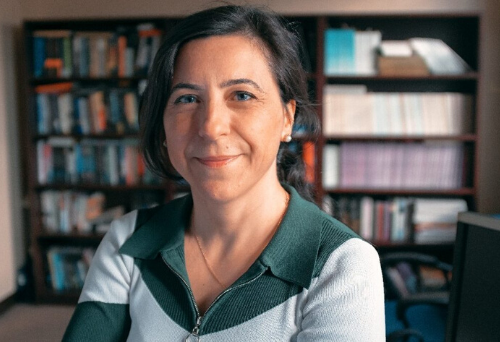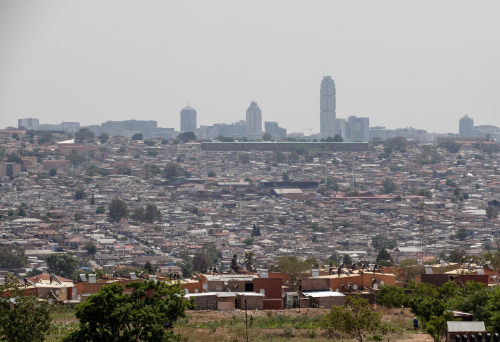Economic information theory can help policymakers prioritise testing and understand the costs of taking the wrong action during the COVID-19 pandemic
Elias Papaioannou, Professor of Economics at London Business School and Academic Director of the Wheeler Institute for Business and Development was joined in conversation with Andrea Galeotti, Professor of Economics at London Business School, and co-author, with Paolo Surico, of “The economics of a pandemic: the case of COVID-19”, to discuss the optimal testing strategy for countries across the world.










